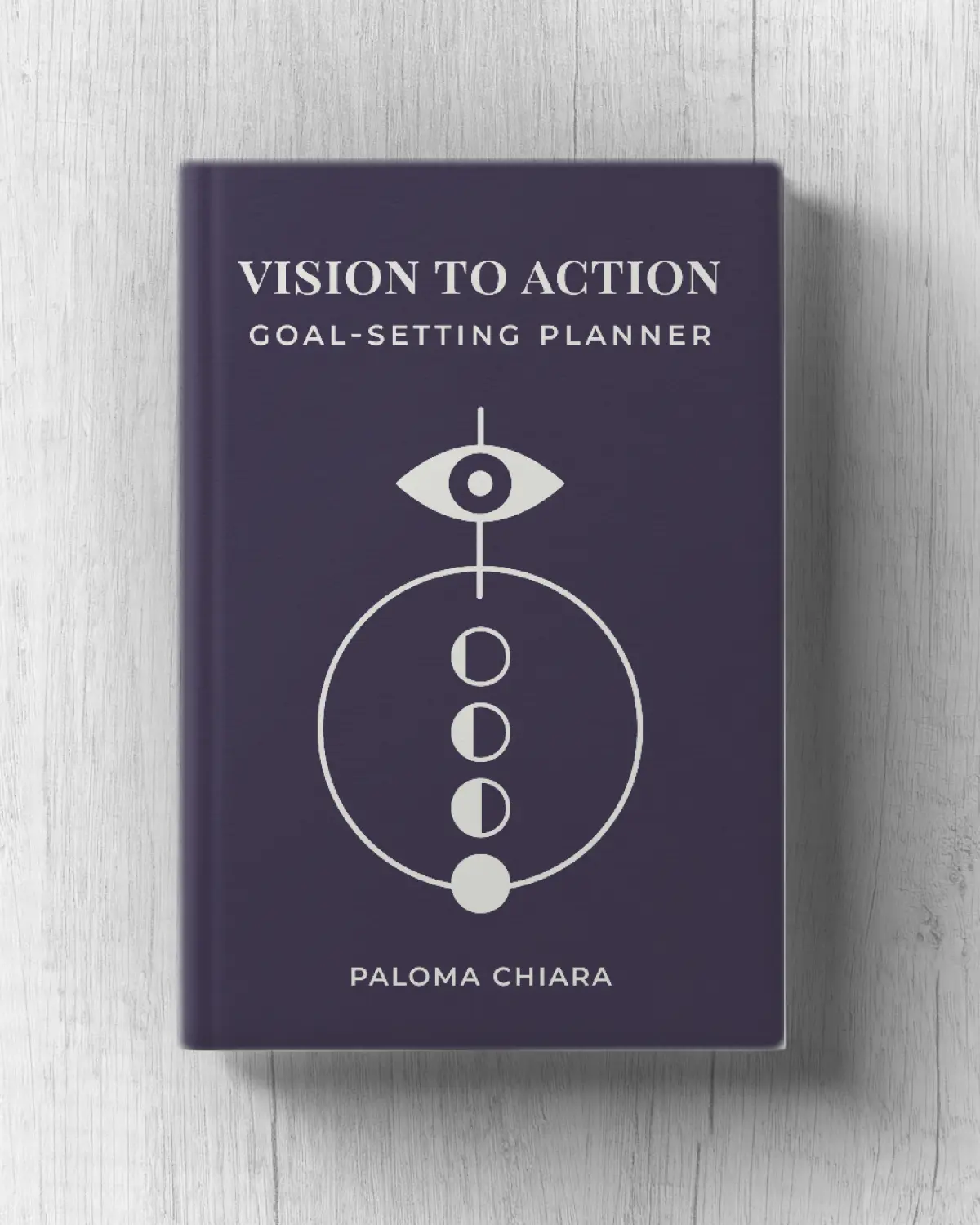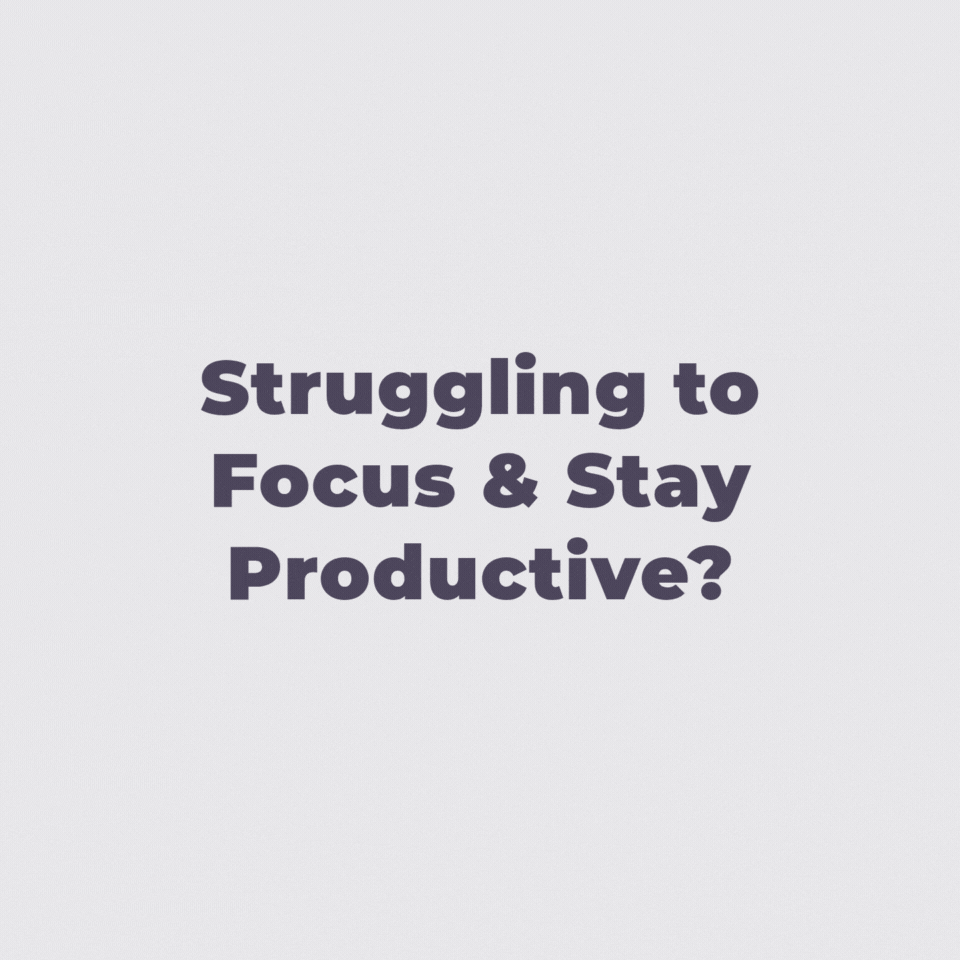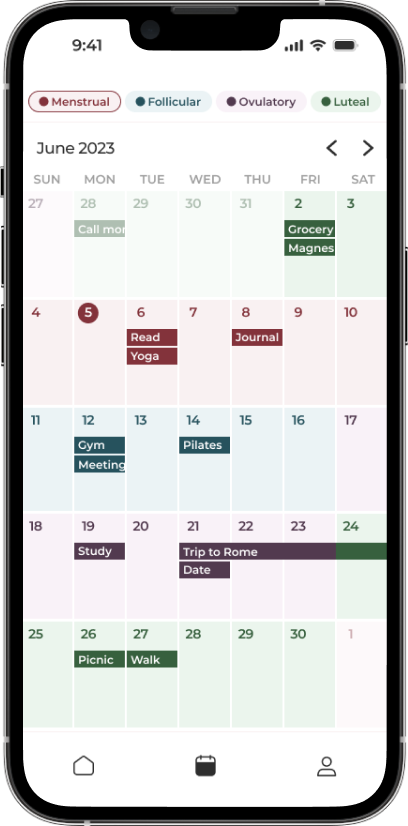Life Coaching for Stress Management Techniques

Stress is an inherent part of modern life, affecting people from all walks of life. Whether it’s the pressures of work, relationship challenges, financial worries, or health concerns, stress can take a toll on both your physical and mental well-being. Fortunately, life coaching offers valuable tools and techniques to help individuals manage and mitigate stress effectively. In this article, we will explore the various types of stress, delve into how stress affects the body, and then discuss different stress management techniques a life coach can guide you through.
Why Is Learning To Handle Stress Important?
Learning to handle stress is crucial because it plays a significant role in promoting overall well-being, maintaining a healthy lifestyle, and enhancing resilience. Stress management is essential for individuals, including children, to lead healthier lifestyles and can result in improved health and mood, along with boosting the immune system. Effective stress management techniques help individuals reduce stress, improve productivity, and maintain a positive outlook on daily life. In the context of online learning, self-care and stress management are vital for ensuring a successful and balanced learning experience, as they help learners mitigate the unique challenges and stressors associated with online education. By incorporating self-care practices and stress management strategies into their routine, individuals can recharge, rejuvenate, maintain balance, improve focus, and enhance their learning experience, ultimately fostering growth, resilience, and enjoyment in their educational pursuits.
Understanding the Different Types of Stress
Stress is not a one-size-fits-all experience. It manifests in various forms, each with its own triggers and effects. Recognizing these different types of stress is the first step towards effectively managing them:
1. Chronic Stress
Chronic stress is persistent and long-lasting. It can result from ongoing issues such as financial problems, a challenging job, or an unhappy relationship.
2. Emotional Stress
Emotional stress arises from overwhelming emotions such as grief, anger, or anxiety. It can be a result of unresolved emotional issues or traumatic experiences.
3. Environmental Stress
Environmental stress is triggered by factors in your surroundings, such as noise, pollution, or living in a high-crime area.

Check out the Vision to Action Planner for only 6$
More info4. Psychological Stress
Psychological stress can result from the way you perceive and react to situations. For example, perfectionism or a constant need for approval can lead to psychological stress.
How Stress Affects the Body
Stress is not just a mental or emotional state; it has profound effects on the body as well. When you experience stress, your body goes through a series of physiological changes, including:
1. Release of Stress Hormones
The body releases hormones like cortisol and adrenaline, which prepare you for the “fight or flight” response. This can lead to increased heart rate, elevated blood pressure, and rapid breathing.
2. Muscle Tension
Stress often causes muscle tension, which can lead to headaches, back pain, and overall discomfort.
3. Suppressed Immune System
Prolonged stress weakens the immune system, making you more susceptible to illnesses.
4. Digestive Problems
Stress can disrupt the digestive process, leading to issues like stomachaches, indigestion, or irritable bowel syndrome (IBS).
5. Sleep Disturbances
Chronic stress can result in sleep disturbances, including insomnia or disrupted sleep patterns.
6. Mental Health Issues
Stress is closely linked to mental health problems such as anxiety and depression.
Quiz: What Is Blocking Your Success?
This quick quiz will help you figure out which mental or behavioral pattern might be holding you back from achieving your full potential. Identifying your specific success blocker is the first step toward breaking through to new levels of achievement and fulfillment.
Read each question and choose the answer that feels most true to your situation.
No email or payment is required to complete the quiz and receive your personalized insights.
Once you have your primary success blocker, you have clarity about what’s been holding you back. This awareness is powerful—many people spend years struggling without understanding the specific pattern that’s limiting their progress.
Remember, these patterns aren’t permanent character traits but rather habitual ways of thinking and behaving that can be changed with the right guidance and practice.
If you’re ready to break through your specific blocker and achieve the success you know you’re capable of, send me an email to try out a coaching session. Your breakthrough awaits!
Different Stress Management Techniques a Life Coach Could Guide You Through
Life coaches are equipped with a toolbox of techniques to help clients effectively manage stress. These techniques are tailored to the individual’s unique situation and needs. Here are some of the strategies a life coach might employ:
1. Mindfulness Meditation
Mindfulness practices help individuals stay present and reduce rumination on past or future stressors. Techniques like deep breathing, body scans, and meditation can foster a sense of calm and reduce stress.
2. Stress Journaling
Keeping a stress journal can help identify triggers and patterns, enabling clients to develop strategies to manage stressors effectively.
3. Time Management
Life coaches work with clients to improve time management skills, helping them prioritize tasks, set realistic goals, and create structured daily routines.
4. Effective Communication
Learning how to communicate assertively and express feelings and needs can reduce interpersonal stress. Life coaches can guide clients in improving their communication skills.
5. Physical Activity
Regular exercise is a potent stress reducer. Coaches can help clients develop and maintain an exercise routine that suits their preferences and lifestyle.
6. Relaxation Techniques
Techniques like progressive muscle relaxation, visualization, and aromatherapy can promote relaxation and reduce stress.
7. Setting Boundaries:
Learning to say “no” and establish boundaries is crucial for preventing overwhelm and reducing stress from overcommitment.
8. Cognitive Restructuring:
Cognitive-behavioral techniques can help clients reframe negative thought patterns and beliefs that contribute to stress.
In conclusion, stress is an inevitable part of life, but how we manage it can significantly impact our well-being. Life coaching offers a structured and supportive approach to stress management, helping individuals identify the types of stress they experience, understand how stress affects their bodies, and develop a personalized toolkit of techniques to cope effectively. With the guidance of a skilled life coach, individuals can regain control over their stress levels and find greater peace and balance in their lives, even in the face of life’s challenges. Remember that managing stress is an ongoing journey, and with the right tools and support, it’s a journey worth taking.
Still waiting for the 'perfect time'?
Email me what you'd do if you stopped making excuses. We'll work backwards from there.
Let's startRecent posts
-
The Complete Guide to Becoming a High Achiever
Read blog -
How To Make a Positive Impact in Your Community
Read blog -
What Is the “Winter Arc” Challenge?
Read blog -
What Is "the Great Lock-In" and Should You Try It?
Read blog -
What Are the 75 Hard and Soft Challenges?
Read blog -
How to Validate Yourself
Read blog

The App Made To Sync Your Lifestyle to Your Menstrual Cycle.
A solution for women who are looking to keep track of what they sync to their cycles, such as fitness, diet, etc. by adding it to a calendar that also predict their phases.
Learn more





Comment